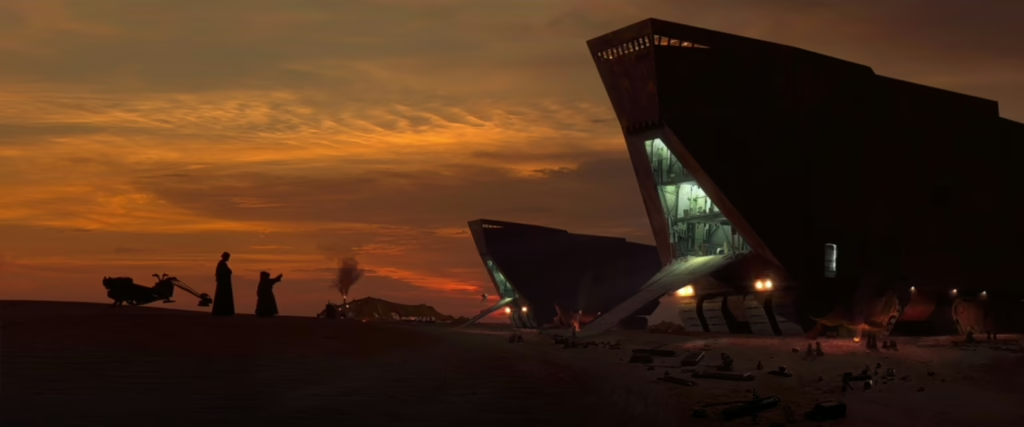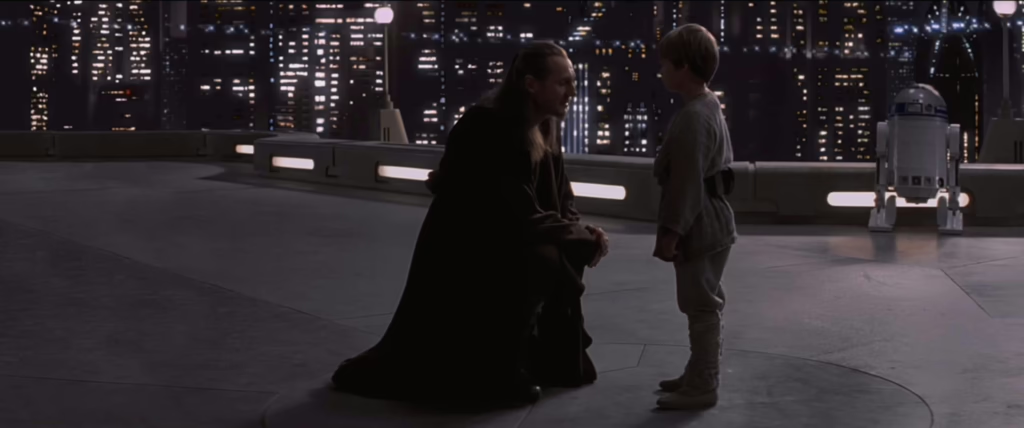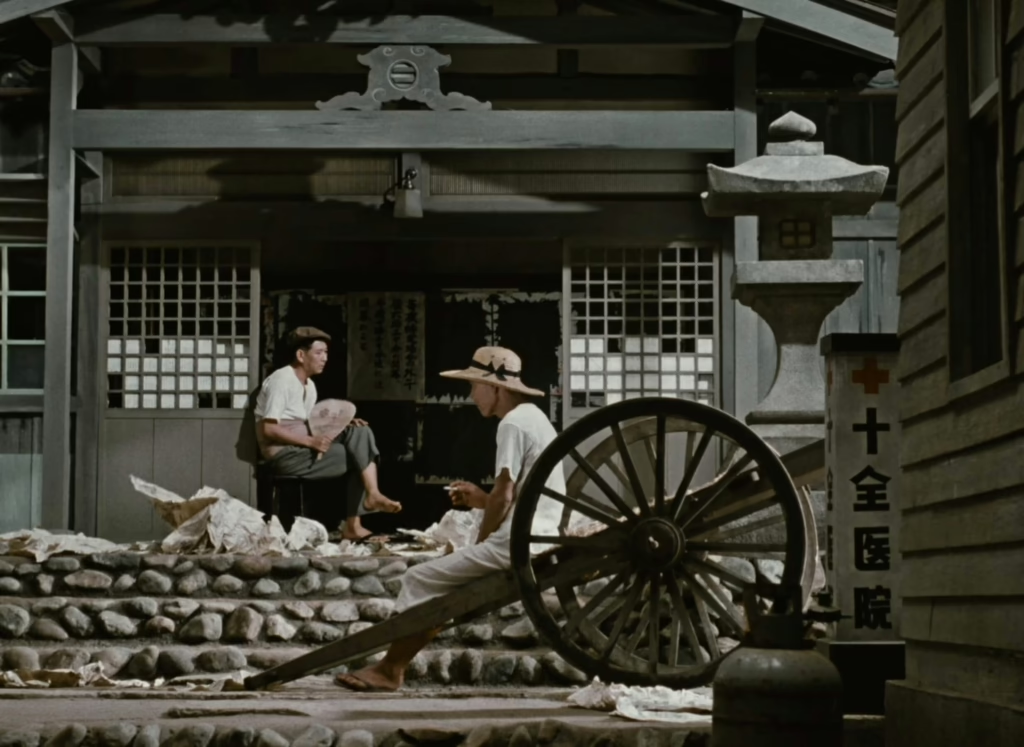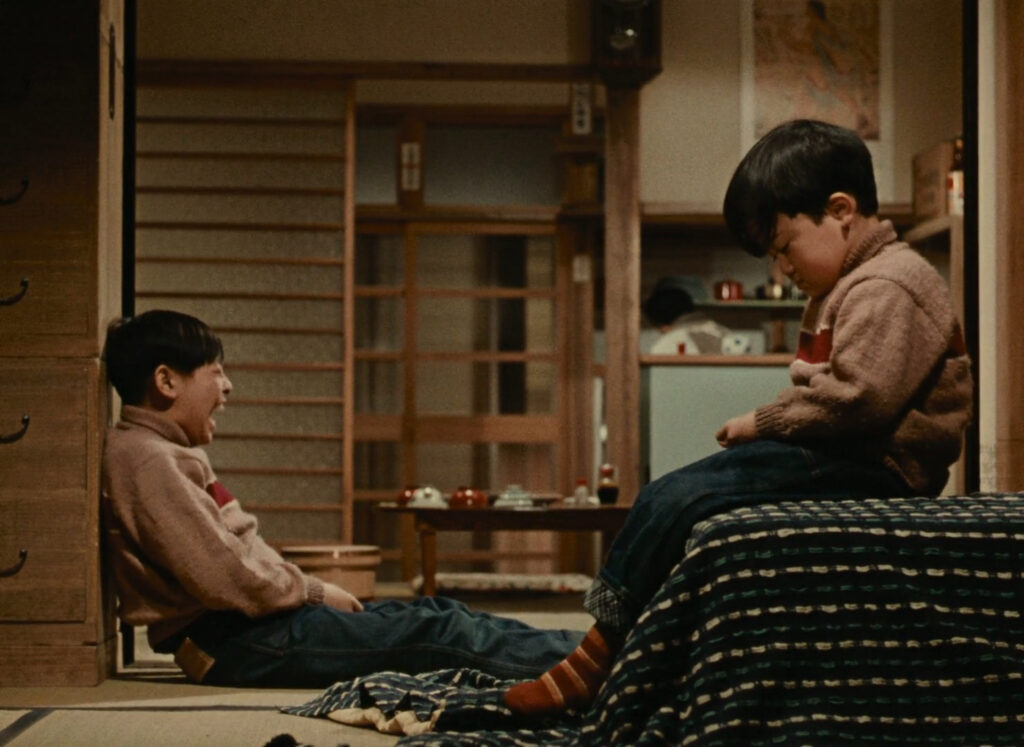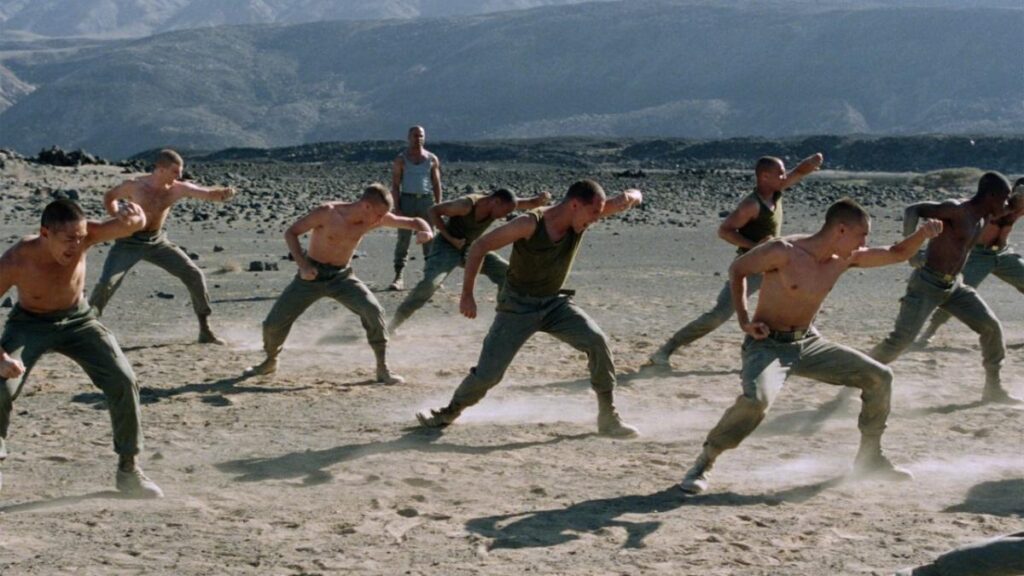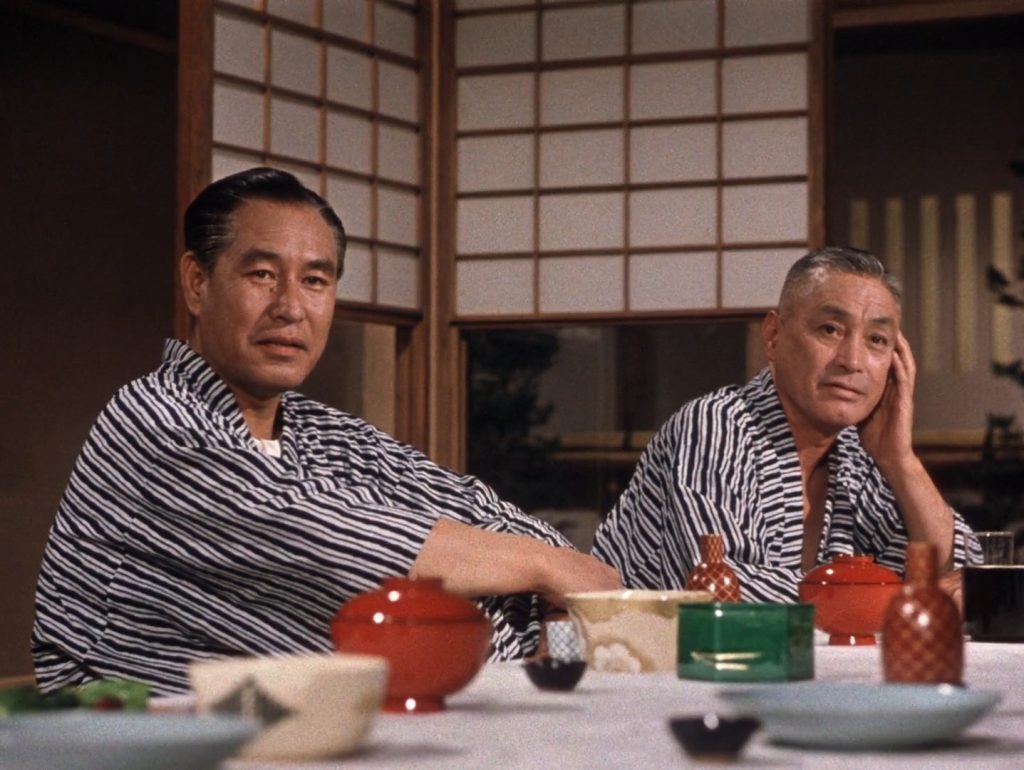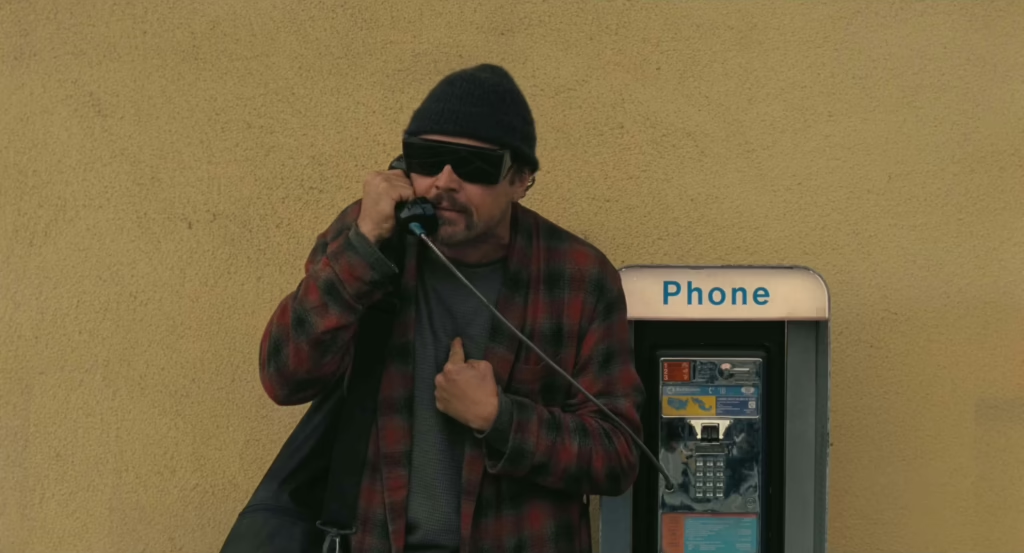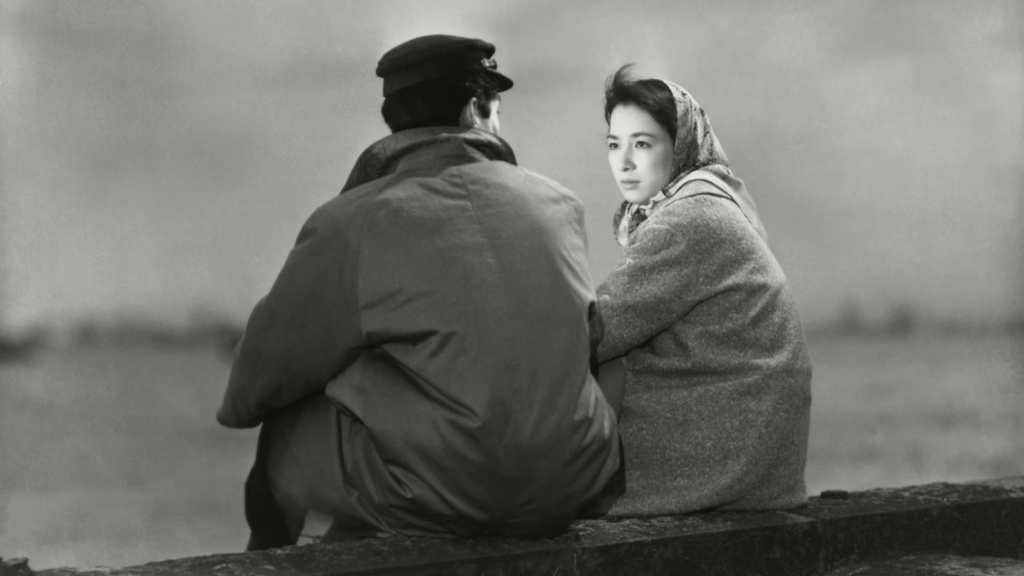Star Wars: Episode II – Attack of the Clones (2002)
As a grown-up Anakin Skywalker begins to break beneath the weight of duty and desire in Attack of the Clones, George Lucas thoughtfully recaptures the mythic tension of the original Star War trilogy, exposing the corrosive, insidious decay that eats away at the heart of democracy’s heroes, institutions, and ideals.

